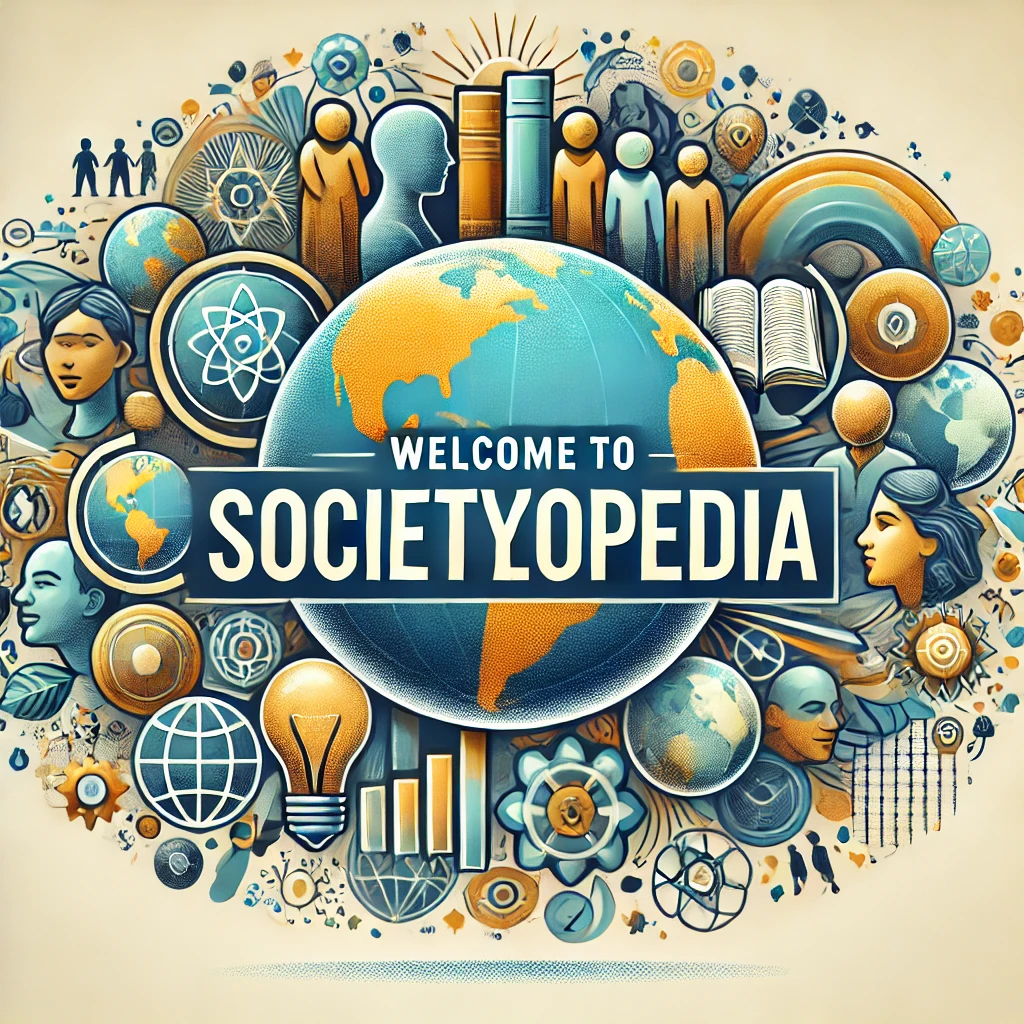Introduction
Have you ever wondered how humanity progresses from superstition to science? Auguste Comte, a 19th-century French philosopher, provided a groundbreaking answer through his Law of Three Stages. This theory outlines how human thought evolves through distinct phases, shaping societies and their understanding of the world. In this article, we’ll explore Comte’s Law of Three Stages, its significance, and how it applies to modern society. From theological beliefs to scientific reasoning, this framework remains a cornerstone of sociological thought. Let’s dive into the stages, their implications, and real-world examples to understand why Comte’s ideas still resonate today.
What Is the Law of Three Stages?
Auguste Comte, often regarded as the father of sociology, introduced the Law of Three Stages in his work The Course in Positive Philosophy (1830–1842). This theory posits that human thought and societal development progress through three distinct stages: Theological, Metaphysical, and Positive (Scientific). Each stage represents a different way of understanding the world, moving from supernatural explanations to rational, evidence-based reasoning.
Comte believed that these stages are universal, applying to individuals, societies, and even entire civilizations. By analyzing how people explain natural and social phenomena, the Law of Three Stages provides a lens to understand intellectual and societal evolution.
The Theological Stage
Characteristics of the Theological Stage
In the Theological Stage, humans attribute events and phenomena to supernatural forces, such as gods, spirits, or divine intervention. This stage is characterized by:
-
Animism: Early humans believed that natural objects (e.g., rivers, trees) possessed spirits or consciousness.
-
Polytheism: Societies developed pantheons of gods, each responsible for specific aspects of life (e.g., Zeus for thunder in Greek mythology).
-
Monotheism: Later, belief shifted to a single, all-powerful deity, as seen in religions like Christianity and Islam.
Historical Context
The Theological Stage dominated ancient and medieval societies. For example, in ancient Egypt, the Nile’s flooding was attributed to the god Hapi. Similarly, medieval Europe’s reliance on divine will shaped laws, governance, and scientific inquiry.
Example: Medieval Europe
During the Middle Ages (5th–15th centuries), the Catholic Church heavily influenced European society. Natural disasters, like the Black Death (1347–1351), were often seen as God’s punishment. According to the World Health Organization’s historical data, the Black Death killed 30–50% of Europe’s population, reinforcing theological explanations as people sought divine mercy through prayer and rituals.

The Metaphysical Stage
Transition to Abstract Thinking
The Metaphysical Stage marks a transitional phase where supernatural explanations give way to abstract concepts and philosophical reasoning. Instead of gods, people use ideas like “nature,” “essence,” or “natural laws” to explain phenomena. This stage is less about divine will and more about speculative reasoning.
-
Key Feature: Replacement of gods with abstract entities (e.g., “force” or “destiny”).
-
Time Period: Roughly aligned with the Renaissance and Enlightenment (14th–18th centuries).
Historical Context
During the Renaissance, thinkers like Descartes and Spinoza emphasized reason and abstract principles over religious dogma. The Enlightenment further advanced this shift, with philosophers like Voltaire questioning divine authority and promoting rational thought.
Case Study: The Enlightenment
The Enlightenment era saw metaphysical ideas flourish. For instance, the concept of the “social contract” by Rousseau and Locke replaced divine-right monarchy with the idea that governance stems from human agreements. This shift influenced revolutions, such as the French Revolution (1789–1799), which challenged monarchies rooted in theological legitimacy.
|
Theological vs. Metaphysical Stage |
Theological Stage |
Metaphysical Stage |
|---|---|---|
|
Explanation of Phenomena |
Divine will, gods |
Abstract concepts |
|
Example |
God causes rain |
Nature governs rain |
|
Time Period |
Ancient–Medieval |
Renaissance–Enlightenment |
The Positive (Scientific) Stage
Embracing Science and Empiricism
The Positive Stage, also called the Scientific Stage, is where humans rely on observation, experimentation, and empirical evidence to understand the world. Comte believed this stage represents the pinnacle of human intellectual development.
-
Key Feature: Emphasis on scientific methods and laws derived from data.
-
Time Period: Began in the 19th century and continues today.
Historical Context
The Industrial Revolution (1760–1840) and advancements in science, such as Newton’s laws of motion and Darwin’s theory of evolution, epitomized the Positive Stage. Societies began prioritizing evidence-based knowledge over speculation.
Example: Modern Medicine
In the Positive Stage, diseases are no longer seen as divine punishment or abstract imbalances but as biological processes. For instance, the World Health Organization reports that smallpox, once attributed to supernatural causes, was eradicated in 1980 through scientific vaccination efforts led by global health initiatives.
Why the Law of Three Stages Matters
Understanding Societal Evolution
Comte’s Law of Three Stages provides a framework to analyze how societies transition from superstition to rationality. It highlights the gradual shift in human thought, influencing fields like sociology, anthropology, and history.
Relevance in Modern Society
Even today, elements of all three stages coexist. For example:
-
Theological: Religious beliefs still guide millions, with 84% of the global population identifying with a religion, according to Pew Research Center (2020).
-
Metaphysical: Abstract concepts like “human rights” or “justice” shape modern governance.
-
Positive: Scientific advancements, such as AI and space exploration, dominate contemporary progress.
Application in Policy and Education
Governments and institutions use scientific data to inform policies, reflecting the Positive Stage. For instance, the World Bank’s 2023 data shows that evidence-based policies reduced global poverty rates from 36% in 1990 to 9% in 2022.
Criticisms of the Law of Three Stages
Oversimplification
Critics argue that Comte’s theory oversimplifies human development by assuming a linear progression. Societies often exhibit characteristics of multiple stages simultaneously, as seen in modern religious communities embracing science.
Eurocentrism
Some scholars critique the theory for its Eurocentric bias, as it aligns closely with Western history and may not fully account for non-Western societies’ development.
Example: Non-Western Perspectives
In India, ancient texts like the Vedas (1500 BCE) combined theological and metaphysical elements, with scientific inquiry emerging later through scholars like Aryabhata. This suggests a more complex progression than Comte’s linear model.
The Law of Three Stages in Today’s World
Technology and the Positive Stage
The rise of technology exemplifies the Positive Stage. For instance, NASA’s Mars Rover missions rely on empirical data to explore extraterrestrial life, a far cry from theological or metaphysical speculations about the cosmos.
Coexistence of Stages
Despite scientific dominance, theological and metaphysical thinking persists. Climate change debates often blend scientific evidence (e.g., IPCC reports) with metaphysical ideas like “humanity’s duty to nature” or theological calls for environmental stewardship.
Implications for the Future
As artificial intelligence and data-driven decision-making continue to advance, the Positive Stage remains a key force in shaping society. However, ethical debates—rooted in metaphysical concepts like fairness—suggest that all stages remain relevant.
Conclusion
Auguste Comte’s Law of Three Stages offers a timeless framework for understanding human progress. From the Theological Stage’s reliance on divine explanations to the Metaphysical Stage’s abstract reasoning and the Positive Stage’s scientific rigour, this theory captures the evolution of thought and society. While criticised for its simplicity and Eurocentrism, it remains a foundational concept in sociology. Today, we see all three stages at play, from religious beliefs to philosophical debates and scientific advancements. How do you think humanity will balance these stages in the future? Share your thoughts in the comments below or explore more at Societyopedia.com!


